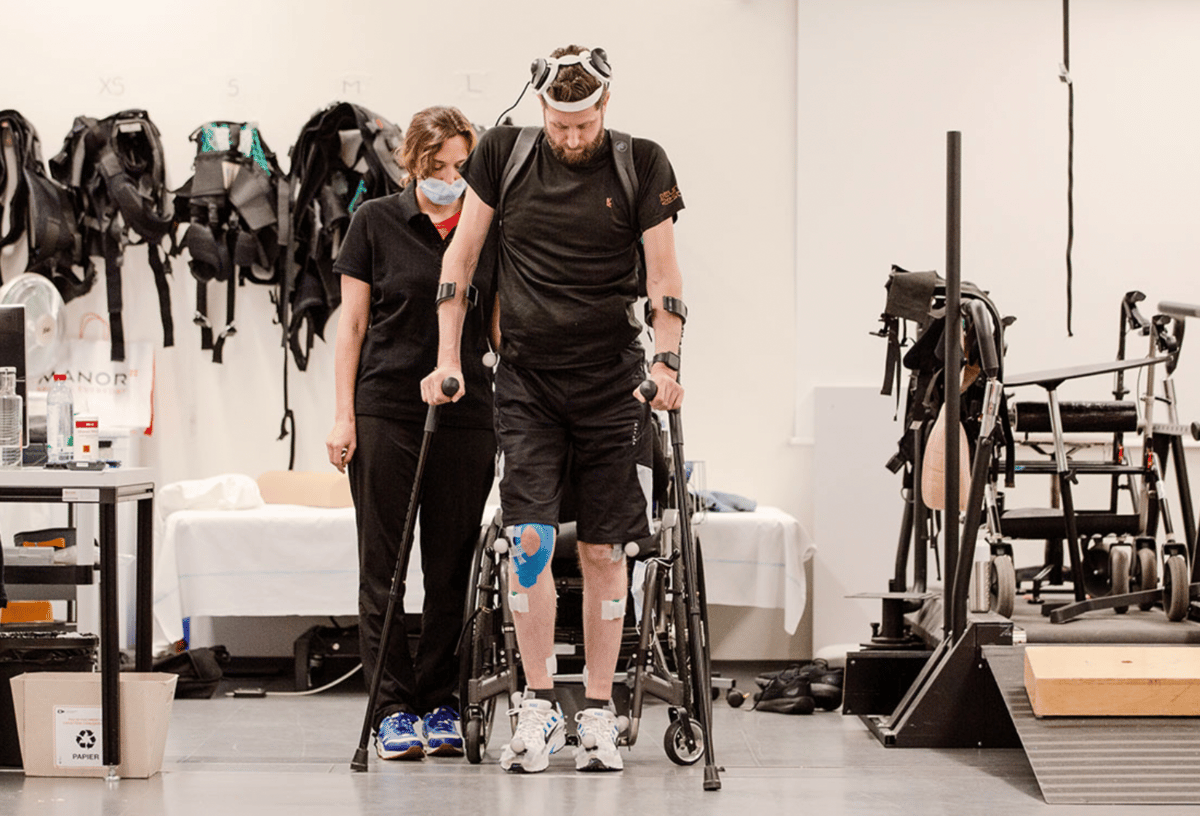Froth on the Daydream (FOD) – our weekly summary of over 150 AI newsletters. We connect the dots and cut through the froth, bringing you a comprehensive picture of the ever-evolving AI landscape. Stay tuned for clarity amidst the surrealism and experimentation.
Today we will be go deep into governance of superintelligence, discuss what we might actually need right now, explore the world of copilots, and congratulate Nvidia that became the world's most valuable chipmaker.
And remember, some of the articles might be behind the paywall. If you are our paid subscriber, let us know, and we will send you a pdf.
Governance of Superintelligence
Sam Altman, Greg Brockman and Ilya Sutskever set the definite topic for the last week with their paper Governance of Superintelligence. “Now it is a good time to start thinking,” they said.
The full phrase in their paper reads “Now it is a good time to start thinking about the governance of superintelligence – future AI systems dramatically more capable than even AGI” but who knows how they wrote this paper, maybe it was as in the kid’s game “Create-a-story”, where each person adds to the narrative without knowing what the previous person wrote.
We don't even know what AGI actually is, so what are those future AI systems that are dramatically more capable?
By unleashing ChatGPT, OpenAI seems to be lost in capabilities. On one hand, they envision a bright future – the term so familiar to all Soviets – where AI "will lead to a much better world than what we can imagine today” and “the economic growth and increase in quality of life will be astonishing.” On the other hand, fears about the risks associated with unknown and undefined AGI and Superintelligence (OpenAI's current term of choice) are rising from all corners. There are also other opinions. In his interview with Semafor, Mark Surman from the Mozilla Foundation said, “AI has come into people's consciousness because of things like ChatGPT, but it's also just all around us and in everything. And in that sense, not much has changed, right?”
At least, our understanding of AGI and Superintelligence remains unchanged. Perhaps we should start there.
OpenAI finishes their paper with the words, “So we have to get it right.”
To get it right they want to let people around the world “democratically decide on the bounds and defaults for AI systems.” How? “We don't yet know how to design such a mechanism, but we plan to experiment with its development.” Through their non-profit initiative, they intend to award ten grants valued at $100,000 each, aimed at developing proof-of-concepts for a democratic process that can address questions about the rules AI systems should adhere to. They encourage applicants to be innovative, building upon existing methodologies while also devising entirely new approaches. It would be ironic if ChatGPT were to win one of these grants.
Other AI companies also had something about governance and regulations last week. DeepMind proposed the use of model evaluation and suggesting an actual toolbox to address the extreme risks that arise from the misuse or misalignment of general-purpose models.
Google haven’t published any papers last week but from the tweet of the European commissioner for internal market we learned that, “Agreed with Google CEO @SundarPichai to work together with all major European and non-European #AI actors to already develop an “AI Pact” on a voluntary basis ahead of the legal deadline of the AI regulation.”
Last but certainly not least, Microsoft, OpenAI's primary investor, outlines in their publication Governing AI: A Blueprint for the Future five ways governments should consider policies, laws, and regulations concerning AI.

Image Credit: Microsoft
In the second part of the blueprint, they share how Microsoft itself is both operationalizing and building a culture of responsible AI.
All these papers come in handy for tomorrow’s AI meeting during G7 Summit of the intergovernmental forum called "Hiroshima AI process”, where participants will address concerns related to disinformation and the governance of AI.
Let's compile a list of everything generative AI has been compared to so far:
negative: atom bomb, social media;
positive: graphical interface, touch screens (iPhones) and internet itself.
How else?
By the way, UNESCO is also very preoccupied with AI, especially in education. According to a new UNESCO survey of more than 450 schools and universities, institutions are facing myriad challenges in crafting an immediate response to the sudden emergence of these powerful AI apps. UNESCO is actively developing policy guidelines on the use of generative AI in education and research, as well as frameworks of AI competencies for students and teachers in classrooms. They plan to launch these guidelines and frameworks in September. I wonder where generative AI will be by then.
What is it that we actually might need immediately?
When the fake picture with black smoke next to Pentagon scared the market (it plunged briefly for 0,26%), many newsletters screamed WE NEED REGULATIONS. Well, maybe. But what we actually need is trusted sources and old good fact-checking. That’s exactly the role that journalism should play, especially in the times when to create an information/photo/video became so damn easy. Tech companies can and shall help with that. “Whether generative AI ends up being more harmful or helpful to the online information sphere may, to a large extent, depend on whether tech companies can come up with good, widely adopted tools to tell us whether content is AI-generated or not,“ says MIT Technology Review.
The story published by the NYTimes about the ambitious lawyer who asked ChatGPT for examples of cases that supported an argument they were trying to make is just proof of that. All of the cases and references were pure hallucinations, emphasizing the importance of proofreading.
The World of Copilots
Bill Gates calls them personal assistants and digital agents, he thinks, “the first company to develop it will have leg up on competitors.” As if delivering to his speech, during its annual Build conference, Microsoft unveiled new tools that will allow software developers to quickly and easily build custom “copilots” – fully integrated assistants capable of performing a series of actions by utilizing data from every element of your computer, including apps, programs, and documents. “We actually believe that the world should be full of these copilots,” Microsoft’s CTO Kevin Scott said in an interview with Semafor. “There will be copilots for medicine, drug discovery, and all sorts of things where you have a rich interaction between an AI system and a knowledge worker trying to get something done.” I wonder if Microsoft's copilot will take the form of a paperclip. It's funny to think that, at first, the problem was that the original paperclip was basically useless, and now we might end up facing a paperclip apocalypse.
But back to the tech news: Bing, the Microsoft search engine, is now ChatGPT’s default search engine. This means AI will not just be providing responses to queries but will actively be able to retrieve, understand, and present relevant information from the web. It's like having a mini-research assistant available at your fingertips.
Furthermore, Microsoft has introduced Copilot plugins for Bing Chat, Microsoft 365 Copilot, Windows Copilot, and Dynamics 365 Copilot. This highlights a larger strategy to spread AI capabilities across their ecosystem, thereby enhancing the user experience on all fronts.
Stratechery remembers the history of Build conference. Born in 2011 “as a showcase for a completely new approach to Windows” later it became “a symbol of corporate infighting and dysfunction” when Windows lost its first appeal. In 2017, the focus turned to Azure and Office 365, symbolically placing Windows on the back burner. This shift marked the "End of Windows," reflecting CEO Satya Nadella's ability to steer Microsoft away from its dependency on Windows despite the platform's strategic value. Last week, in a surprising turn, Windows, once relegated to the periphery, resurfaced with a new product demo - Windows Copilot. This time, however, it was positioned as a tool to aid AI, rather than being the center of attention. TheSequence notices, “Copilots for everything seem to be Microsoft’s generative AI flag, and it was incredibly present at this week’s Build conference.” You can check their coverage of the most relevant announcements or check these links:
You might have not expected that but Adobe Photoshop is more than alive and also offering a co-pilot. “The new Firefly-powered Generative Fill is the world’s first co-pilot in creative and design workflows, giving users a magical new way to work by easily adding, extending or removing content from images non-destructively in seconds using simple text prompts,” reports Marktechpost.
But let’s not forget that AI is not only LLM. The life-changing breakthrough allowed the first patient fitted with the digital bridge to regained natural control over the movement of his arms and legs. “We restored this communication with a digital bridge between the brain and spinal cord that enabled an individual with chronic tetraplegia to stand and walk naturally in community settings,” says the publication in The Nature. That’s truly magical.

Image Credit: Science
Nvidia
At the Computex forum in Taipei, on May 29, Nvidia’s chief said “ AI means everyone can now be a programmer and it’s the end of “digital divide”. Not the same for the chipmakers! Nvidia just witnessed its stock surge by 25% following an impressive earnings report on May 25th. Bolstered by the booming demand for its data center products, particularly in AI sector, Nvidia's market capitalization increased by over $150 billion in just one day. This surge propelled Nvidia to become the world's most valuable chipmaker and the fifth-most valuable company on Wall Street. The company's graphics-processing units (GPUs) play a vital role in training AI models like ChatGPT, contributing to its success. Despite geopolitical challenges and the US Chip ban on China, Nvidia continues to thrive, boasting a diverse customer base and key roles in cloud computing and autonomous vehicles. While competition looms, analysts predict Nvidia will maintain its leading position in the GPU market for machine learning. But don’t get too excited, chip behemoth, Import AI reports that Tiny Corp by legendary hacker George Hotz has a plan to dethrone Nvidia by turning AMD's GPUs into viable competitors.
In other newsletters:
In his newsletter Deep Learning, Andrew NG shares his belief that machine learning systems no longer rely heavily on vast data sets.
Syntha AI does a comparison ChatGPT vs Bard: AI [Rap] Battle.
If you are also in EV cars, that an interesting post for you Why Ford Betting on Tesla's Plug is Bad News.
Oh my oh my, OpenAI pees in Elon’s corn flakes again: OpenAI-backed startup beats Elon Musk’s Tesla, deploys AI-enabled robots in real world
How to use and build AI agents: AI-Driven Autonomous Agents
A basic introduction to fine-tuning foundation models: Catechizing the Bots, Part 1: Foundation Models and Fine-Tuning
We are watching:
Thank you for reading, please feel free to share with your friends and colleagues 🤍

